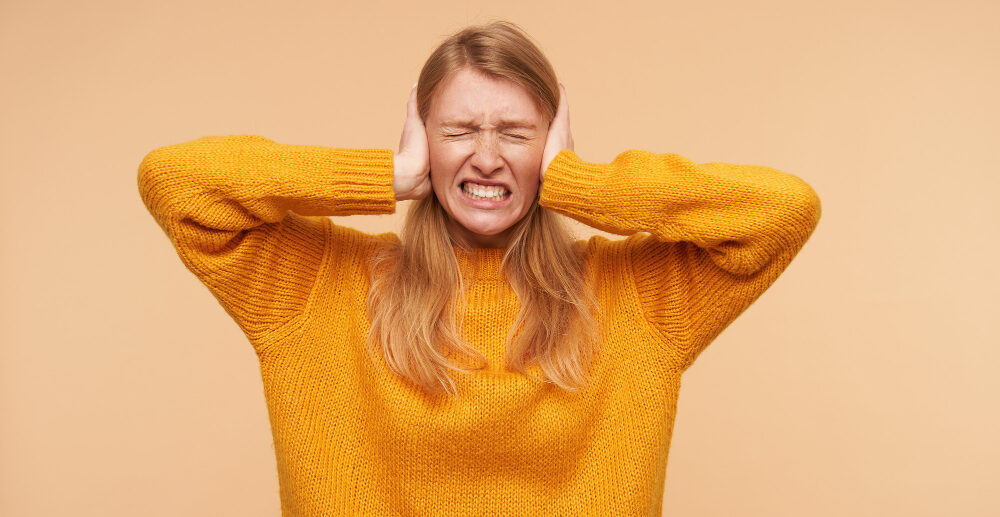Environmental noise, sound pollution, and noise from machines are the major sources of outdoor noise. Their effects on humans and animals vary considerably, and most of this noise is harmful in some way. Outdoor noise is mostly caused by machines, transport systems, and propagation systems. But how can you minimize your exposure to noise? Here are some tips. Keep in mind that noise pollution does not only affect your health but also the health of others in your vicinity. Here are some simple ways to reduce noise pollution.
High decibel noise affects communication among people and can lead to headaches and emotional imbalance. Noise pollution affects animals more than humans. Loud sounds caused by construction sites can cause elevated blood pressure. Exposure to loud noise damages eardrums, which can lead to hearing loss. Noise pollution is one of the most common causes of hearing loss. For this reason, the National Park Service is monitoring noise pollution to ensure that it does not have an adverse impact on wildlife.
The effects of noise pollution can be devastating to our health. Long-term exposure can lead to a range of health problems, from headaches and fatigue to heart attacks and hypertension. Excessive noise can cause aggressive behavior, fatigue, depression, and even hysteria. Furthermore, it can cause arousal responses in different parts of the body, including those in the hearing organs. So, the effects of noise pollution are many and far-reaching.
The key to minimizing noise pollution is to educate yourself about it. Avoid noisy activities, like discos, clubs, and parties, and use ear plugs when listening to music. Also, make sure to lubricate your vehicle regularly to reduce noise emissions. As far as new buildings are concerned, they can be fitted with noise-absorbing materials to lower noise levels. In addition to these tips, you can also educate the younger generation about noise pollution.
Although the government has limited powers to regulate noise levels, it can take measures to reduce noise in specific locations. For example, it can protect areas from noise sources by installing low-noise asphalt on the streets and using quiet tyres in public transportation vehicles. It can also enforce laws to increase pedestrian traffic, reduce construction activity, and install other measures to help curb noise. Many cities have created quiet areas, usually green spaces. You can even install noise-absorbing windows, sound-absorbing wall panels in your building to reduce your exposure to loud noise.
As well as causing hearing loss, noise pollution affects wildlife. A variety of animals rely on sound to navigate, communicate, find food, and avoid predators. Exposure to noise pollution can even threaten the existence of some animals. In the ocean, noise pollution has been especially damaging to marine animals. Oil drilling, seismic tests, and ships cause an excessive amount of noise, which interferes with their echolocation. These animals must avoid being harmed by this noise.
